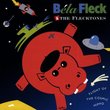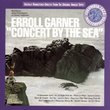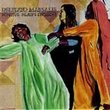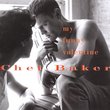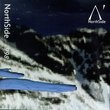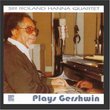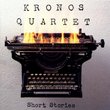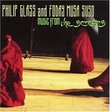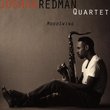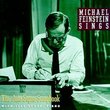| All Artists: Schoenberg, Robinson, Salonen, Stockholm Co Title: Transfigured Night / String Quartet 2 Members Wishing: 0 Total Copies: 0 Label: Sony Release Date: 7/1/1997 Genre: Classical Styles: Chamber Music, Historical Periods, Modern, 20th, & 21st Century Number of Discs: 1 SwapaCD Credits: 1 UPC: 074646272527 |
Search - Schoenberg, Robinson, Salonen :: Transfigured Night / String Quartet 2
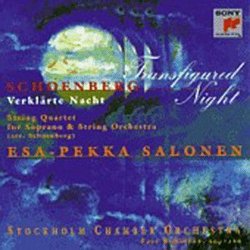 | Schoenberg, Robinson, Salonen Transfigured Night / String Quartet 2 Genre: Classical
Transfigured Night was originally composed for string sextet, but it has since become popular in the composer's arrangement for full string orchestra. Since the Second String Quartet was also arranged by the composer in a ... more » |
Larger Image |
CD DetailsSynopsis
Amazon.com essential recording Transfigured Night was originally composed for string sextet, but it has since become popular in the composer's arrangement for full string orchestra. Since the Second String Quartet was also arranged by the composer in a similar fashion, it's amazing that no one has had the idea to couple the two works together before now. Salonen is, along with Pierre Boulez, the most persuasive advocate of contemporary music on the podium today. He secures playing of really amazing precision and confidence from his string orchestra, and he paces each work perfectly. This is Schoenberg for people who think they don't like Schoenberg. --David Hurwitz Similarly Requested CDs
|
CD ReviewsSome of the best of early Schoenberg... ewomack | MN USA | 01/06/2005 (5 out of 5 stars) "For those who associate the name Arnold Schoenberg with squealing, squeaky, tooth cracking, ear boxing dissonance, "Verklärte Nacht" will come as a massive surprise. The piece owes more to Brahms, Strauss, or Wagner than to any twelve tone scale. Simply put, it plays beautifully from start to finish. The subtle dissonance employed no longer rankles the modern ear, but the piece once inspired fierce brickbats. It premiered in 1902 as a sextet, and the music as well as its inspiration produced disgust in some of the audience. A poem about a woman carrying an illegitimate child who just confesses to her lover that it's not his inspired this work. In 1902 such themes could cause gasps of shock. On top of that, the music stretched the limits of dissonance for the era. Schoenberg outdid Wagner on chromaticism in places, and the harmonies likely sounded a little too new and adventurous to harmonically sensitive early twentieth century cochleas. It marked the beginning of a long strech of unpopularity for Schoenberg. Some think he reveled in his notoriety. Regardless, today "Verklärte Nacht" sounds harmonious and beautiful. It has attained the almost oxymoronic status of "Schoenberg's most popular piece". No mean feat. The version on this CD is based on the 1943 revisions Schoenberg made to the 1917 score for string orchestra. Listening to it proves just how drastically musical tastes have changed. How could such a beautiful piece inspire such a backlash nearly a century ago?
Not content with being merely unpopular, Schoenberg then wrote a piece some referred to as "scandalous". Where "Verklärte Nacht" produced gasps, the String Quartet No. 2 produced riots. Though not as dissonant or wild as some of his later atonal pieces (such as the Piano Concerto), Schoenberg outright thumbed his nose at tradition with this composition. After an agitating, exciting, and somewhat dissonant 2 movements, a soprano suddenly appears, singing in the same spirit as the instrumentation. The piece offended audiences. The premiere in 1908 evoked laughter and reprisals from the audience. Some even stood up and told the soprano to "be quiet!" The piece does not posses the beauty of "Verklärte Nacht" but it intrigues just as much. Schoenberg also altered this piece, scoring it for string orchestra in 1929. This reworked version appears on this disc. Schoenberg opened new paths of music. He had a vision, that of exploding the tradition of western music out of formalism and octavism. If some of his predecessors skewed or fanaticized his ideas (in the later "atonal revolution"), Schoenberg is not to blame. He ultimately had a profound influence upon twentieth century music. Likely his contribution will gain more and more appreciation in the future. A good introduction to this contribution and vision lies on this CD." |

 Track Listings (9) - Disc #1
Track Listings (9) - Disc #1